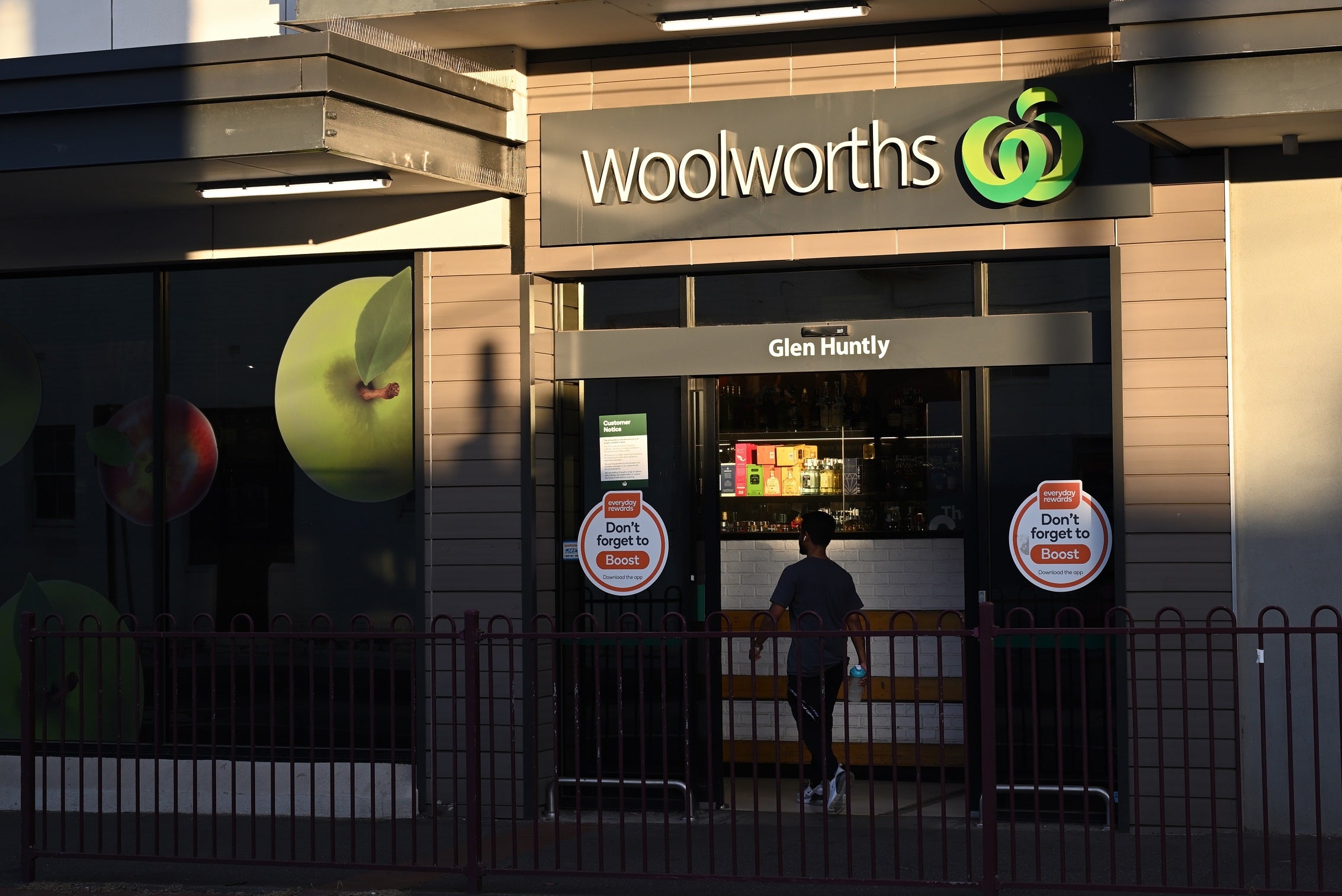
A second investigation into the pricing and competition practices of Australian supermarkets has been launched.
The Australian Competition & Consumer Commission (ACCC) has been charged by the country’s government with conducting a year-long inquiry into the supermarket sector, including “the pricing practices of the supermarkets and the relationship between wholesale, including farmgate and retail prices”.
It follows the announcement in early December that Australia’s parliament is to hold an inquiry into what one main political party – the Greens – believes is price-gouging, or profiteering, by the country’s major supermarkets, Coles and Woolworths.
Announcing today (25 January) that it is to conduct a separate inquiry, the ACCC, the country’s consumer and competition watchdog, said it will examine how the supermarket sector has changed since its last probe in 2008.
ACCC chair Gina Cass-Gottlieb said: “We know grocery prices have become a major concern for the millions of Australians experiencing cost-of-living pressures.
“When it comes to fresh produce, we understand that many farmers are concerned about weak correlation between the price they receive for their produce and the price consumers pay at the checkout.
Access the most comprehensive Company Profiles
on the market, powered by GlobalData. Save hours of research. Gain competitive edge.

Company Profile – free
sample
Your download email will arrive shortly
We are confident about the
unique
quality of our Company Profiles. However, we want you to make the most
beneficial
decision for your business, so we offer a free sample that you can download by
submitting the below form
By GlobalData
“We will use our full range of legal powers to conduct a detailed examination of the supermarket sector, and where we identify problems or opportunities for improvement, we will carefully consider what recommendations we can make to government.”
The ACCC said that following its 2008 inquiry, Coles and Woolworths provided enforceable undertakings to the ACCC to remove restrictive tenancy provisions that may have prevented shopping centres from leasing space to competing supermarkets. The ACCC’s investigation identified more than 700 potentially restrictive leases.
ACCC deputy chair Mick Keogh said: “Our inquiry will examine the nature of the current competitive environment between supermarkets, as well as the barriers to greater competition and new entry in the sector.”
The inquiry will also look at any emerging issues related to more recent trends, including online shopping, changes in technology, and loyalty programmes.
The ACCC said it expects to publish a paper in February seeking views on the key issues it will consider in this inquiry. An interim report will be provided to the Australian government later this year, and the final report is due to be provided early next year.
Responding to the news of this new investigation, Woolworths Group CEO Brad Banducci said: “We note the Federal Government’s decision and welcome the opportunity to assist the ACCC with its inquiry.
“We know many Australian families are doing it tough and looking for relief at the checkout.
“Food inflation has continued to moderate in recent months and we expect this to continue throughout 2024.”
Meanwhile, Coles said: “We are working hard to keep groceries affordable for Australian households and families, especially as they face escalating living costs with higher mortgages and rents and increasing expenses like energy and fuel.
“We are doing this against a challenging environment of high inflation, with rising costs that affect the whole economy, including farmers, suppliers and retailers, and impact the prices customers pay at the checkout.
“Coles has kept price inflation in its supermarkets below the rate reported by the ABS [Australian Bureau of Statistics] for the past 16 quarters. Price inflation in Coles’ supermarkets has declined significantly to 3.1% for the July-September quarter, down from 6.2% in the January-to-March quarter last year. Fresh food (including fresh produce, meat, deli & seafood) was in deflation of 2.3% during the July-September quarter.
“We have worked closely with the ACCC in previous inquiries, and we will do so again. We welcome the ACCC’s examination of the factors that affect prices in the grocery supply chain and look forward to illustrating how we provide value to our customers and our positive relationships with our supplier partners.”
Earlier this month, Australian farming group NSW Farmers called for an ACCC inquiry into the supermarket retail sector, saying fair prices for consumers and farmers “remain nowhere in sight”.
NSW Farmers president Xavier Martin said: “With grocery costs surging, consumers and their families are struggling to put food on the table – yet farmers are still receiving the same dysfunctional prices for their produce as they did when input costs were far lower.
“It has become increasingly clear that margins are not being passed through the supply chain in a fair and equitable manner, and it is farmers and families who are footing the bill.”
When the Senate inquiry was announced in December, Coles and Woolworths defended their pricing strategies and denied claims of price-gouging.
Between them, Woolworths and Coles control about two-thirds of the Australian grocery market, while the German discounter Aldi has a share of just over 10%.

